Moxibustion during the beginning of winter season helps to warm the meridians, dispel cold, nourish yang and strengthen the body, enhance immunity, and is suitable for regulating cold deficiency diseases that are prone to occur in winter. Moxibustion, through its dual effects of heat and medication, can improve problems such as cold hands and feet, joint pain, and gastrointestinal dysfunction, while also preventing colds and relieving fatigue.

1. Warm meridians and dispel coldness
After the beginning of winter, the coldness gradually increases, and the warming effect of moxibustion can penetrate deep into the meridians and dispel coldness and dampness in the body. Especially suitable for shoulder and neck pain, waist and knee cold pain caused by wind cold and dampness evil, moxibustion can be applied to Dazhui acupoint and Mingmen acupoint. The volatile oil components of Artemisia argyi can also promote local blood circulation and alleviate muscle stiffness.
2. Assisting Yang Qi
In winter, the body's yang qi is restrained, and moxibustion at acupoints such as Guanyuan and Zusanli can stimulate organ function. For diarrhea, chills, and frequent nocturia caused by spleen and kidney yang deficiency, moxibustion can warm and supplement spleen and kidney yang qi. Long term regular moxibustion can help improve sub-health conditions such as physical weakness and fatigue.
3. Enhancing immunity
Moxibustion at the Feishu and Fengmen acupoints can improve the external Qi and reduce the probability of respiratory tract infections. The eucalyptus oil extract and other components in mugwort have antibacterial effects, and when combined with thermal stimulation, they can activate immune cells. Moxibustion 1-2 times a week in winter has a preventive effect on recurrent colds and allergic rhinitis.
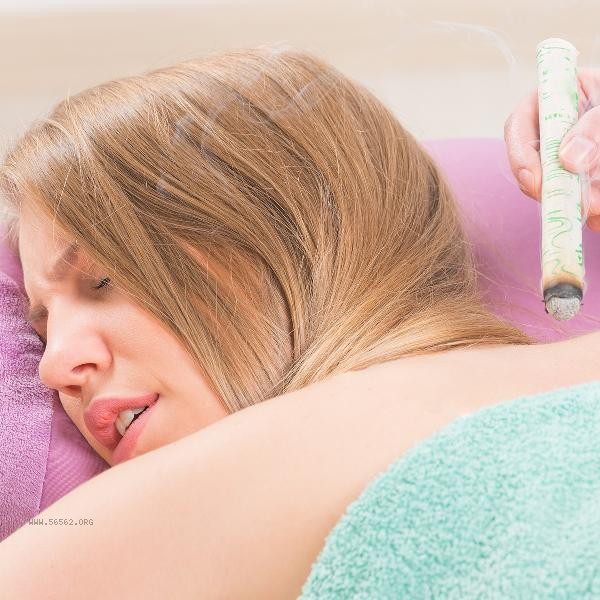
4. Regulating the gastrointestinal tract
Moxibustion at the Zhongwan and Shenque points can warm the middle and dispel cold, improving the common cold pain and loss of appetite in the stomach during winter. The infrared radiation generated by the burning of Ai Rong can regulate gastrointestinal peristalsis, and has significant auxiliary therapeutic effects on functional dyspepsia and chronic gastritis. It is recommended to apply moxibustion one hour after meals to avoid discomfort.
5. Soothing and Sleep Aid
Moxibustion at Yongquan and Baihui acupoints can ignite the fire and restore the essence, alleviating insomnia and anxiety caused by reduced sunlight in winter. The aromatic components of mugwort can relieve nerve tension through olfactory transmission, and when combined with the warming effect, can improve sleep quality. Gentle moxibustion is more effective 2 hours before bedtime.

It is recommended to choose the morning period when yang qi is rising for moxibustion at the beginning of winter, with 10-15 minutes of moxibustion at each acupoint each time. Pay attention to keeping warm and avoiding wind before and after moxibustion, and drinking warm ginger jujube tea can enhance the effect. People with yin deficiency and excessive fire should reduce the amount of moxibustion and avoid using it on damaged skin. In winter, it can be paired with Danggui Ginger Lamb Soup for isothermal nourishment, and moderate practice of Eight Section Brocade can promote the circulation of qi and blood. If symptoms such as dry mouth and sore throat occur, it is necessary to suspend moxibustion and consult a traditional Chinese medicine practitioner to adjust the plan.

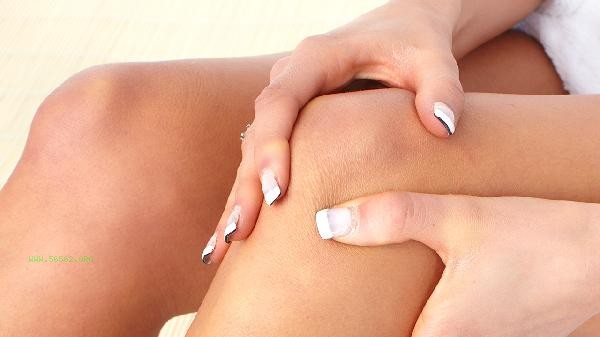
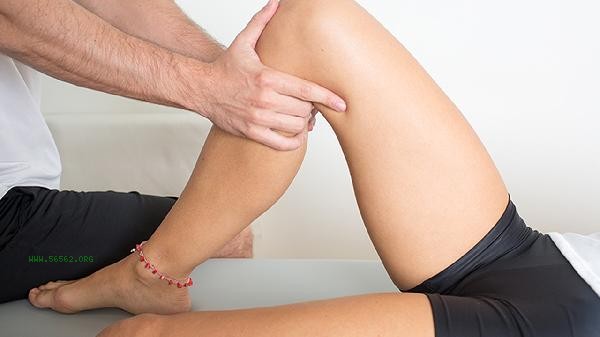
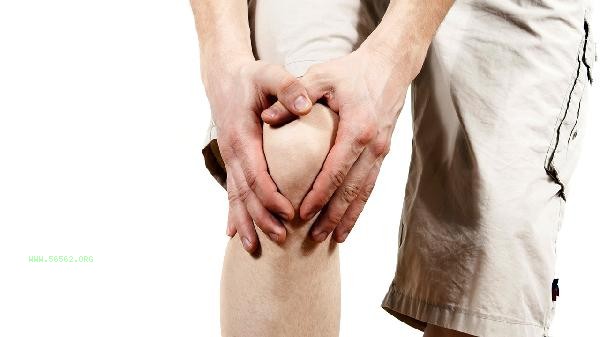
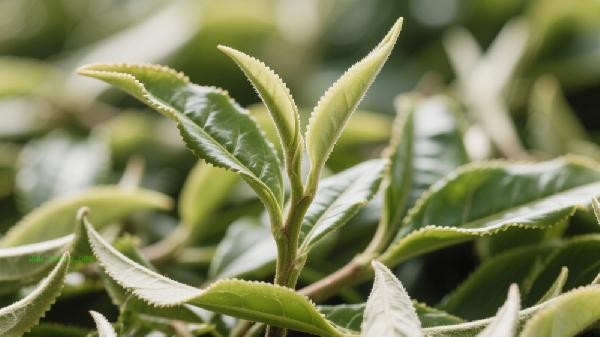
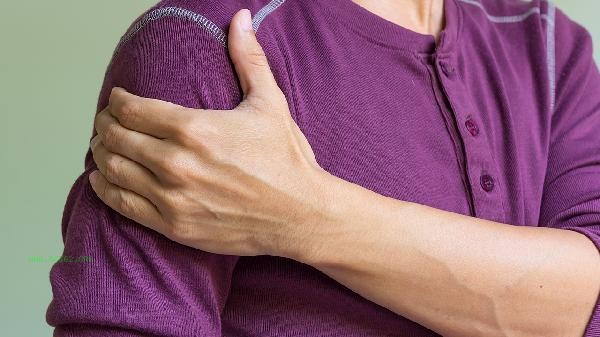


Comments (0)
Leave a Comment
No comments yet
Be the first to share your thoughts!